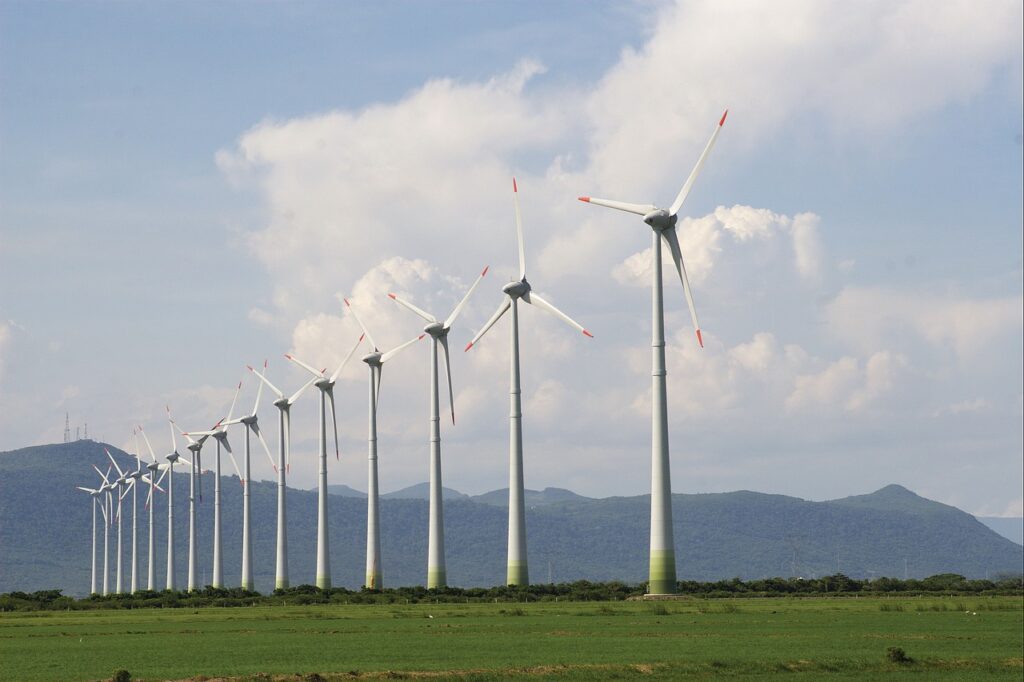The International Renewable Energy Agency (IRENA) has published the Report on renewable electricity production capacity in 2022. According to this report, the capacity of electricity generation from renewable sources in 2022 increased by 295 GW, which is a total of 9.6% compared to 2021.
The largest increase in capacity expansion compared to 2021 was recorded in the solar energy sector, where capacities increased by 192 GW, or 22%. This increase is followed by the wind energy sector with 75 GW (9%), hydropower with 21 GW (2%) and bioenergy with 8 GW (5%), while capacities in the geothermal energy sector increased by only 181 MW.
Statistics released by IRENA show that renewable energy continues to grow at record levels despite global uncertainties, confirming the downward trend in fossil fuel electricity generation.
When talking about the increase in electricity generation capacity from renewable sources by region, Asia increased its renewable capacity by 174.9 GW, which is an increase of 60% compared to 2021. The capacity in Europe increased by 57.3 GW (8.8%), and in North America by 29.1 GW (6.3%). Africa recorded an increase of 2.7 GW (4.8%) while Oceania increased its capacity by 5.2 GW (10.6%). In South America and the Middle East, capacities increased by 18.2 GW (7.4%) and 3.2 GW (12.8%).
“This continued record growth shows the resilience of renewable energy amidst the lingering energy crisis”, IRENA’s Director-General Francesco La Camera said. “The strong business case of renewables coupled with enabling policies has sustained an upward trend of their share in the global energy mix year on year. But annual additions of renewable power capacity must grow three times the current level by 2030, if we want to stay on a pathway limiting global warming to 1.5°C.”
Francesco La Camera added: “As energy demand is expected to rise in many regions of the world, the energy transition requires a step-change that delivers a strategic shift beyond the decarbonization of the supply side. Any expansion of new non-renewables capacity in light of recent global events must be connected to efforts to accelerate the energy transition to make the system more resilient, inclusive and climate-proof.”
Source: IRENA


